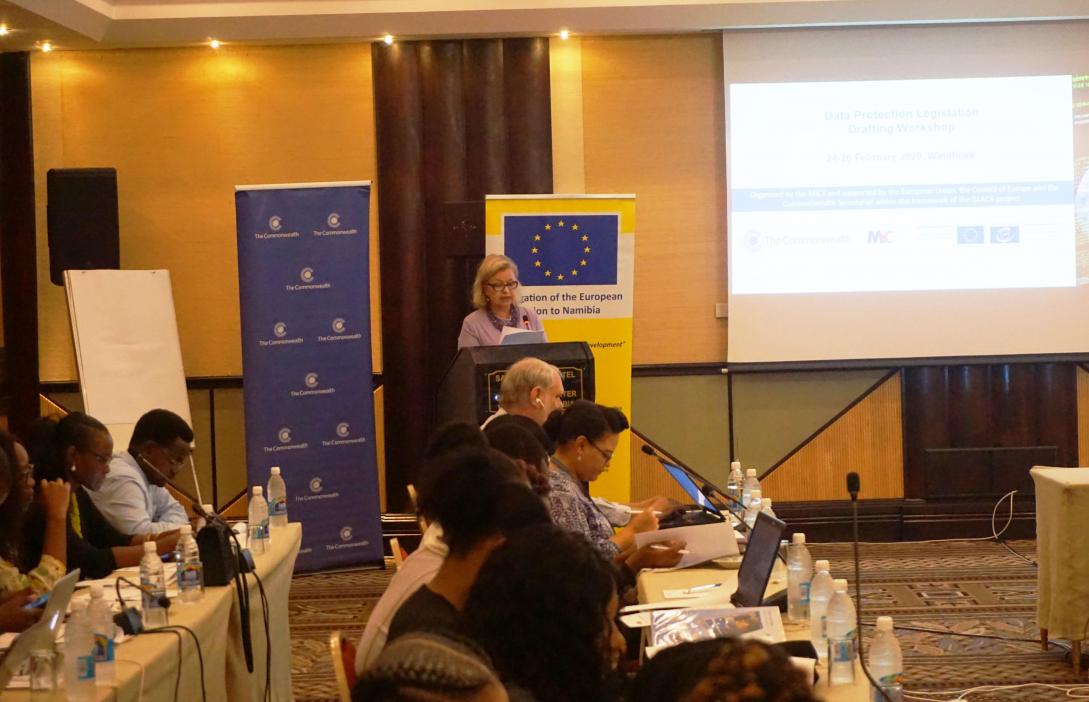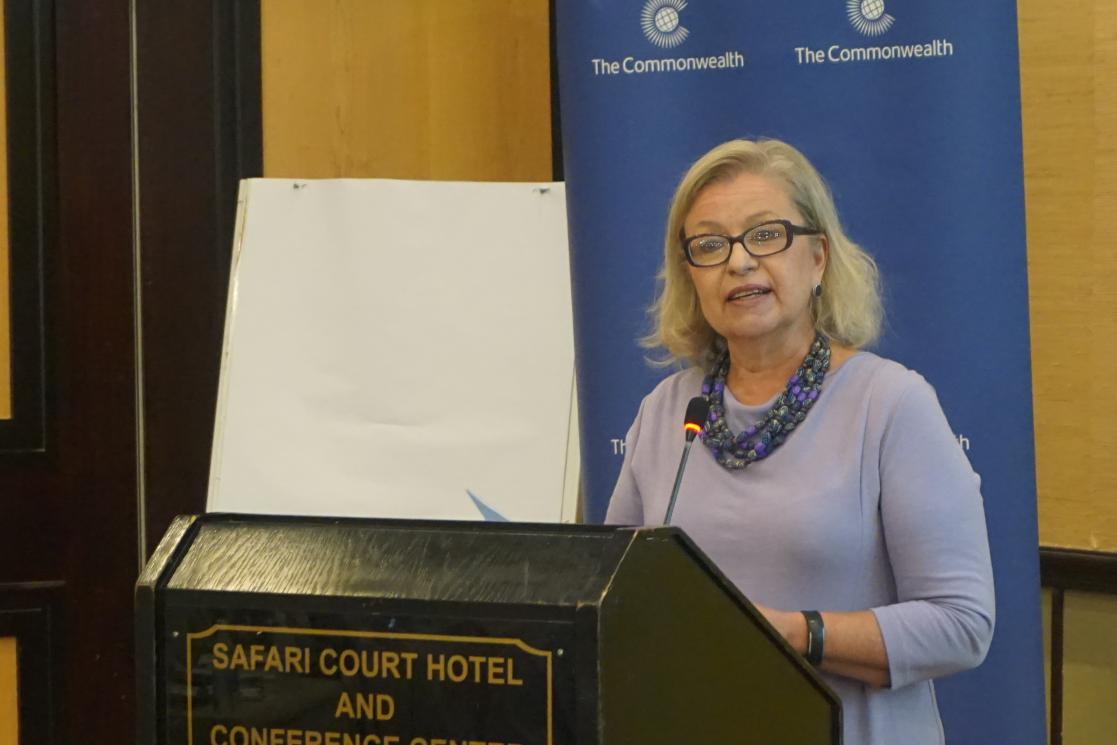The Council of Europe and Commonwealth supports Namibia in the drafting process of its Cybercrime and Data Protection legislation

Namibia is transitioning to a digital economy. It is expected that online and mobile applications will be rapidly developed even further to offer solutions to local needs and demands that could become relevant in the whole region. Services / businesses will rely more and more on automated data processing and the usage of social media platforms, while online services will further expand. The development of information and communication technologies has been going hand-in-hand with a rise in cybercrime and cyber-related crimes in the country. These are to be considered a threat to fundamental rights, including the right to private life. In order to harness the benefits of the digital economy and mitigate the harms consequent to it, the Namibian Government deems a modern and robust privacy and data protection legislation for Namibia, in line with international standards as essential.
The Namibian Ministry of Information and Communication Technology (MICT) has prepared a draft Bill for the protection of personal data, which has already undergone public consultation in 2013. The Bill follows the SADC Model Law on Data Protection. With the firm stand that privacy is a universal human right, which also needs to be ensured in the digital environment, the Namibian Government requested support from the Council of Europe and the Commonwealth Secretariat to contribute to the drafting of the new national legislation on the protection of privacy and personal data, in compliance with modernised Convention 108+ and other international instruments in this field. The MICT is leading the drafting process. This process will be conducted in close collaboration with all interested national stakeholders, with the aim of possibly having the Bill adopted by Parliament and enacted into law by the end of 2020. The work will be conducted in full complementarity with the ongoing endeavour by Namibian authorities to finalize, in parallel, the drafting of the Cybercrime Bill in line with the relevant international standards provided under the Budapest Convention on Cybercrime.

In her Opening Statement at the Data Protection and Cybercrime Legislation in Namibia drafting workshops, EU Ambassador to Namibia Sinikka Antila said the EU supports these drafting workshops under the joint EU-Council of Europe Global Action on Cybercrime Extended project, known as GLACY+. She said since 2013, GLACY+ has been the leading global programme in supporting partner countries in Africa, Asia and most recently Latin America, in enhancing states' capacities in addressing cybercrime within their national remits and cooperating at international level. " We are very encouraged by Namibia's approach to addressing these issues in a holistic manner – by working on drafting a legislative package that covers data protection, cybercrime as well as electronic transfers" the EU Head of Delegation stated. Ms Faustina Namutenya Caley, Chairperson of the Parliamentary Standing Committee on ICT and Innovation thanked the EU and Common wealth for the support rendered to Namibia and emphasized the importance of conforming to international standards and protocols. In her statement, Ms Cosmina Menghes, Senior Project Officer ( GLACY+) – Council of Europe said they are pleased to assist countries in ensuring that the main building blocks for data protection and cybercrime legislation are in place and to build capacities in this area. The Workshops took place from 24-26 February and was attended by various representatives from the legal fraternity, politicians, media, civil servants and academia among others.





